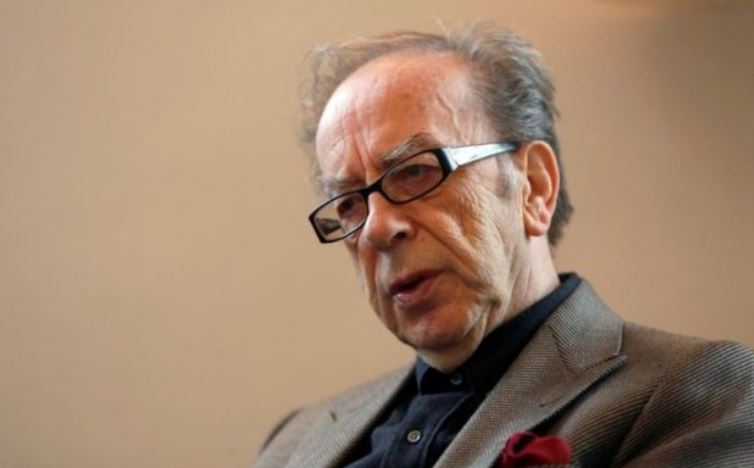Paris, France — October 2025.
The City of Paris has officially immortalized the name of Albanian literary giant Ismail Kadare by placing a memorial plaque on the façade of his former residence at 63 Boulevard Saint-Michel, in the heart of the French capital. The decision, approved unanimously by the Paris City Council, marks a powerful tribute to a writer whose words transcended borders and whose pen gave voice to the conscience of an entire region.
The plaque, engraved with Kadare’s name and the years of his residence, stands just a few steps away from the Sorbonne University, an area long associated with art, thought, and rebellion. It was here that Kadare, together with his wife Helena, lived and worked for many years after leaving communist Albania in the early 1990s. Paris became both a refuge and a creative home for the author, whose novels explored tyranny, history, and the fragile beauty of human freedom.
At the unveiling ceremony, diplomats, writers, and admirers gathered to celebrate Kadare’s enduring impact. Among them was his daughter, Besiana Kadare, Albania’s ambassador to the United Nations, who described the gesture as “a noble act that honors not only a great author, but also the spirit of Albania itself.” She added that Paris had always been central to her father’s identity: “For him, Paris was more than a city — it was a symbol of artistic freedom, of the Europe he dreamed of.”
The initiative to commemorate Kadare came shortly after his passing in July 2024, at the age of 88. His death was mourned across the literary world, with tributes flowing from major European institutions, including the French Academy, PEN International, and UNESCO. The decision by the Paris Municipality was viewed as both a recognition of his contribution to world literature and a reaffirmation of the cultural bond between France and Albania.
Kadare’s relationship with France stretched over half a century. He first arrived in Paris in the 1970s, publishing several of his key works in French translation through Éditions Fayard, which played a crucial role in introducing him to an international readership. Works such as The General of the Dead Army, The Palace of Dreams, and Broken April earned him acclaim as one of the greatest writers of postwar Europe — often mentioned as a contender for the Nobel Prize in Literature.
French literary critic Jean Rouaud once described Kadare as “a Balkan Homer, whose words carry the echoes of ancient myth and modern pain.” His fiction, steeped in the landscapes of Albania yet resonant with universal themes, continues to be studied in universities across the world.
As the late afternoon light fell over Boulevard Saint-Michel, the blue plaque bearing his name was unveiled — a simple yet powerful testament to the bridge Kadare built between two cultures. For Parisians passing by, it will now serve as a reminder of a man who made exile into art and language into freedom.
With this gesture, Paris has not only paid homage to Ismail Kadare’s literary genius, but also reaffirmed the timeless connection between the written word and the human struggle for dignity. His name, etched in stone, will now forever watch over the city that gave him both sanctuary and inspiration.

